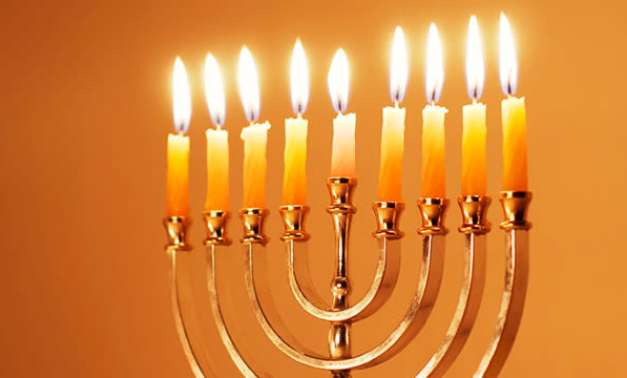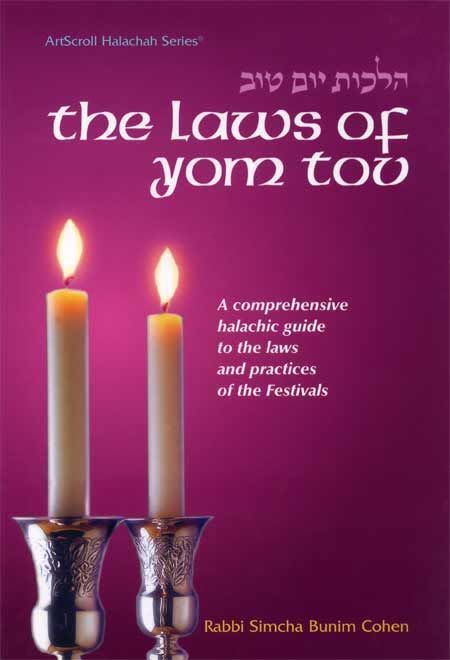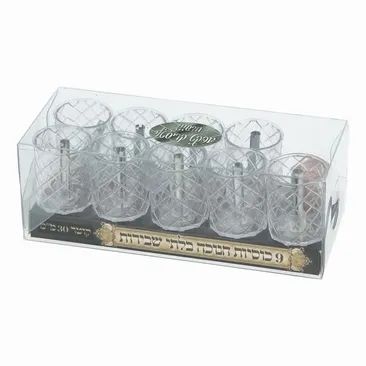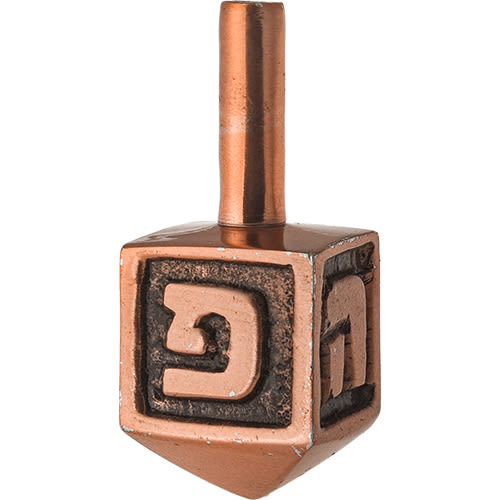
A Chanukah Story
One winter afternoon, as Mr. Hilvicht was taking his daily stroll, he noticed a group of Jewish children playing happily. All, that is, except for one boy who was crying...

Adapted from “Good Shabbos Everyone”
More than 100 years ago, a rabbi from Jerusalem, Reb Lipa Kalashefsky (not his real name). traveled abroad to collect money for a mitzvah cause. Reb Lipa arrived in Milan, Italy on erev Shabbat, just a few hours before candle-lighting. Knowing nobody in Milan, Reb Lipa walked around the city hoping he would find a Jewish neighborhood and a place to stay for Shabbat.
Suddenly, a horse drawn carriage drew up alongside of Reb Lipa. The carriage stopped and the passenger called out to Reb Lipa “Shalom Aleichem! What is a Jew like you doing in Milan?”
Reb Lipa looked up with surprise and said “I am here from Jerusalem and I am looking for the Jewish neighborhood.”
“You are in luck” said the wealthy carriage rider. He immediately invited Reb Lipa to be his guest for Shabbat.
Several hours later, Reb Lipa was sitting with the Hilvicht family enjoying a sumptuous Shabbat meal. The Hilvicht home was full of beautiful crystal bowls, flasks and silverware. However, among all the expensive items in the china cabinet, Reb Lipa noticed a broken glass flask. The broken flask looked out-of-place among the china and silverware.
When Reb Lipa asked Mr. Hilvicht about the broken flask, Mr. Hilvicht told Reb Lipa the following story:
Mr. Hilvicht was born and raised in a Torah observant home in Amsterdam. When he was 18 years old, he traveled to Italy to help his ailing grandfather run the business. But soon after he arrived in Italy, his grandfather passed away. Although his parents wanted him to sell the store and return home, Mr. Hilvicht decided to remain in Italy and take over his grandfather’s business.
It wasn’t long before business was booming and Mr. Hilvicht was able to open a second store. One day, Mr. Hilvicht was so busy with his work that he forgot to pray mincha.
That was the beginning of his slide away from Yiddishkeit. Soon, he missed shacharit too. One by one, Mr. Hilvicht dropped all of his mitzvah observance. Eventually, Mr. Hilvicht married and had children. Although he became very wealthy, his practice of mitzvot was almost non-existent.
One winter afternoon, as Mr. Hilvicht was taking his daily stroll, he noticed a group of Jewish children playing happily. All, that is, except for one boy who was crying bitterly and repeating, “What will I tell my father? What will I tell my father?”
Mr. Hilvicht asked the boy why he was crying. The boy explained that his father had given him money to buy a flask of oil for lighting the Chanukah lights. On the way home he had joined his friends in their game and dropped the oil.
Mr. Hilvicht felt bad for the youngster and bought him another flask of oil.
But the boy’s broken flask of oil had ignited the tiny flame of Yiddishkeit that still burned in Mr. Hilvicht’s heart. The little boy’s words rang in his ears. “What will I tell my father? What will I tell my father?” Mr. Hilvicht thought, “What will I tell my Father in Heaven?” What excuse would he have before his Father in Heaven on Judgment day?
Mr. Hilvicht returned to where the children were playing and gathered up the pieces of glass from the broken oil flask. That night, to the surprise of his wife and children, he lit a Chanukah candle.
The next night he lit two and with each passing night he increased the number of candles. As he stared at the flickering flames he recalled his home in Amsterdam and realized how low he had fallen.
That Chanukah was the beginning of Mr. Hilvicht’s return Home.
The Shechina does not rest within 10 hand-breadths of the ground. It is, however, a mitzvah to place the Chanukah Menorah within 10 hand-breadths of the ground. Why? Because the Chanukah lights have the power to bring holiness where holiness is not found.












Tell us what you think!
Thank you for your comment!
It will be published after approval by the Editor.